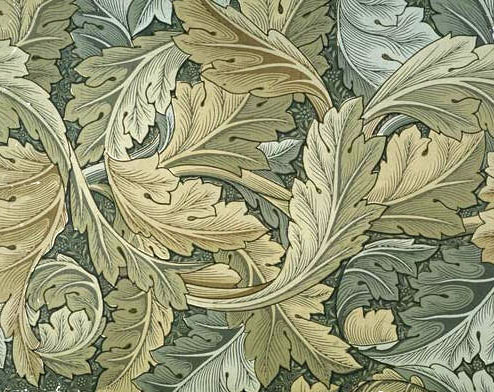From the Oedipus Cycle
A lawyer by training, Gábor Szántó is now the editor-in-chief of the Jewish-Hungarian cultural magazine Szombat. His work has gradually come to address the quandary of living as a child of Shoah survivors, and as a person of faith in the secular climate of contemporary Hungary. Several of his stories and critical essays can be found here. He was a resident of the IWP in the fall of 2003.
Letter to King Laios, from Oedipus*
Father!
I did the sums: you lost.
I spent six thousand five hundred and seventy-six hours inside my mother.
Between the two of us, you could finally admit your defeat.
That is bound to be more than what you got of her body.
According to my calculations, if she let you in
three times a week, for a lascivious hour or so,
it would have taken you at least two thousand one hundred and sixty weeks
to spend as long inside her as I managed in one go.
And that, even between brothers, is nearly forty-one and a half years.
And face it, in all that time,
desire wanes, desire withers, desire peters out.
Not like mine, in that nine months or ever since.
Prove me wrong, I dare you! What have you got to say for yourself, old man?
Nota bene:
Just so you know: I even had a nibble.
Translated from the Hungarian by David Robert Evans
II.
Dear Father!
I have good news. I got married.
Father to my woman,
she is mother to me.
We do not want children.
We are the children of each other.
You can do whatever you want: you will die off,
because our noble family ends with me!
I will not father a child.
I will not repeat your sin, no way.
Since I did not learn to nurture,
no baby will be subject to my harm.
There will be no rivalry Ð
to whom does mommy belong tonight? Ð
No mourning for the living dead.
Try to understand. I see no remedy.
I grew up, I surpassed you, just as you surpassed your royal father.
But out of my skull the eyes that stare into your eyes
forever are those of the child that you watched suffer.
V.
Dear Father!
To emerge out of a body, out of slimy, bloody flesh
from the pulsing entrails warm as a lair.
Such an experience this is that no one can forget it,
even though no one can remember it.
You can then speak of God or animals,
the authority of the first does not frighten me,
nor the bestiality of the other.
Our fate may drop us here, always moving
half-way between two goals;
everywhere unsatisfied and unfulfilled
like a home-sick stranger who believes
that lust and the altar draw him equally.
Don't shake your head reading my lines.
Don't pretend that you don't understand.
Admit it, father, you are cold here as well
and do not feel at home.
I will whisper a secret to you: all those around you
suffer from this disease just like you.
It is called: Life. Infectious disease. Deadly plague.
Go, if you are afraid! Hide under my royal mother's ample tunic!
Heal your wounds with new wounds!
Every new pleasure is a small death.
Don't be ashamed that you chose this,
that you yearn for an embrace when you cannot find an answer,
it is not my searching look into your eyes that weighs heavily upon you,
it is that you are ashamed of yourself in front of yourself!
Your father taught you this shame jealously,
unable to do anything other than bar you from your mother's entrance.
IX.
Dear Father!
To procreate, to pass a seed from him to her,
to create a child born out of a mother.
If you think about it, this is an impossibility,
even more so if the child is a girl.
My royal mother cheated on me with my royal father.
The child will usurp my woman's lap from me.
If it is a boy, he will later need my woman to be his woman.
And, if it is a girl, she, out of nature's habit, will be drawn to her mother,
will be her confidante and vice versa,
creating an alliance against the father.
And, when she is grown up, she will suddenly leave.
In an unexpected move, she will choose another male Ð
Lusty flirting! Disloyal dallying! Ð
In the end she will faithlessly cheat on me just as her mother did,
as did her grandmother, my good royal mother.
XIII.
Dear Father!
I am a man, a womb's exile,
who sews his seed in another's womb
in order to return to the place he was expelled from.
A woman cannot find such consolation
when she is flung on the shore by the flood.
That is why she toils daily to make man her slave,
helpless herself, she is a slave as well.
She is like the wave that swells with the swell of high tide.
Don't hate my mother because she made a father out of you.
Her only compensation is through having you in her body.
She herself cannot return to the sea-tasting bay,
but, as a homeless wanderer
amidst sharp rocks in the dried up river bed,
out of her lap she can create a home:
Making a bed of soft waves,
she gratifies herself by raising seeds within.
Translated from the Hungarian by Anna Barker and Jan Weismiller
* Unsent letters from the collection of the Alexandria Library



